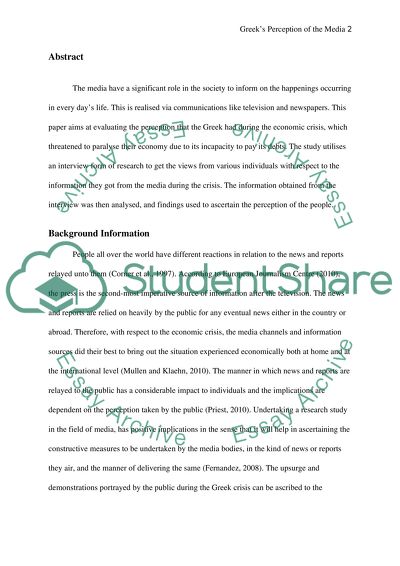Cite this document
(“Methods of Research in Media and Communications Essay”, n.d.)
Methods of Research in Media and Communications Essay. Retrieved from https://studentshare.org/journalism-communication/1447464-methods-of-research-in-media-and-communications
Methods of Research in Media and Communications Essay. Retrieved from https://studentshare.org/journalism-communication/1447464-methods-of-research-in-media-and-communications
(Methods of Research in Media and Communications Essay)
Methods of Research in Media and Communications Essay. https://studentshare.org/journalism-communication/1447464-methods-of-research-in-media-and-communications.
Methods of Research in Media and Communications Essay. https://studentshare.org/journalism-communication/1447464-methods-of-research-in-media-and-communications.
“Methods of Research in Media and Communications Essay”, n.d. https://studentshare.org/journalism-communication/1447464-methods-of-research-in-media-and-communications.


